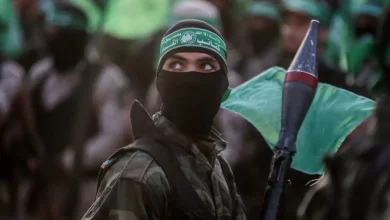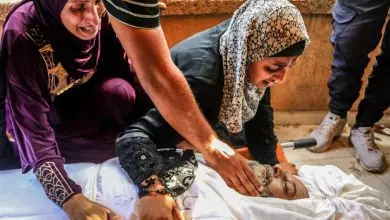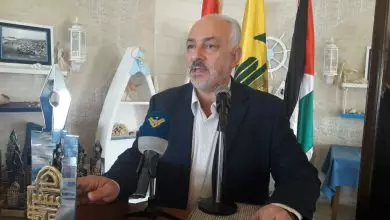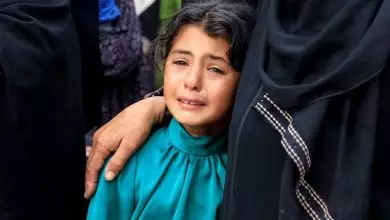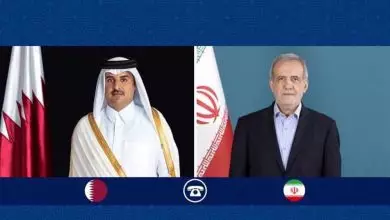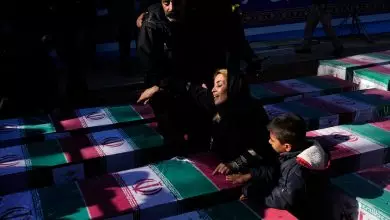Key Takeaways from the Iran-‘israel’ War
The 11-day military conflict between Israel and Iran provided several key insights. It highlighted the complex geopolitical tensions in the region and underscored the volatility of relations between these two nations. The conflict also demonstrated the potential for rapid escalation in the Middle East and the critical importance of diplomatic efforts to manage and resolve such crises. The international community was reminded of the fragile balance that exists, and the necessity for continuous engagement to prevent further conflicts.
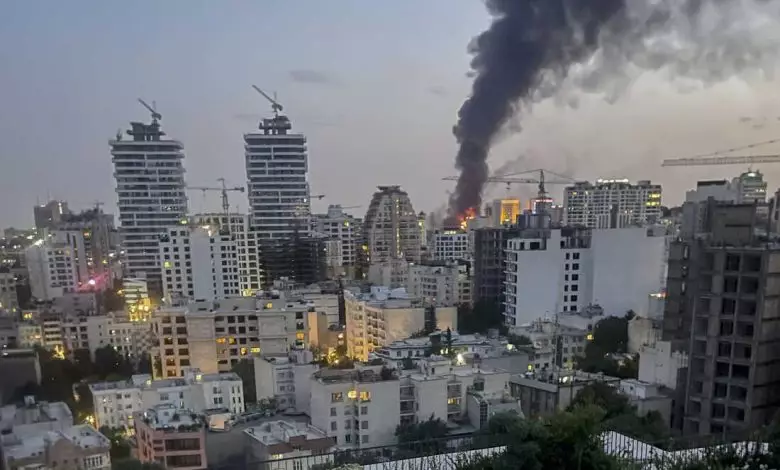
Each ceasefire represents a crucial opportunity to advance peace, a fundamental necessity for human existence.
Humanity strives to gain knowledge as a means to live righteously, guided by the desire to minimize errors. This pursuit of wisdom is driven by the aspiration to fulfill one’s obligations, both in the eyes of a higher power and in responsibility to future generations.
Historical precedents have repeatedly demonstrated that certain Western nations, whether initiating conflicts with Eastern counterparts or executing their respective agendas, have encountered challenges due to a deficient understanding of the East’s intrinsic strengths and realities. Contrary to the Western approach, the Eastern world often conceals its true nature beneath the surface, much like an individual’s latent strength that becomes evident only through action.
The recent period of conflict has followed familiar patterns, though after 11 days marked by violence, uncertainties linger over whether a sustainable ceasefire will emerge or if it will resemble the interim truce with Lebanon, potentially allowing opposing forces time to regroup and prepare for further hostilities. Despite the ongoing tensions, valuable insights can still be gleaned from the situation.
Iran seized the opportunity to:
The Islamic Republic of Iran, geographically nested where ancient Persia once thrived, serves as a contemporary embodiment of Persian heritage. Cultural, linguistic, and historical continuities underline this link. Modern-day Iran preserves the Persian language — Farsi — which is directly descended from the Old Persian language. Additionally, Persian traditions, arts, and festivals, such as Nowruz, the Persian New Year, continue to play significant roles in the cultural identity of Iran’s populace. Architecturally and historically significant sites, like Persepolis, reflect the enduring legacy of the Persian Empire. Thus, both the nation and its citizens are, in many respects, the contemporary custodians of Persia’s historic legacy.
The government demonstrates robust public backing and showcases its adeptness at accurately evaluating its internal strengths. The mightiest military force globally is fundamentally rooted in its identity as the people’s army.
Reflecting on historical trends, it becomes evident that governments failing to garner public support often face a precarious future. It remains imperative to continually value and acknowledge the populace.
The essence of a nation’s and its citizens’ security fundamentally rests on foundations of knowledge, science, patience, unity, and solidarity, rather than in external or internal partisan political discourse. Addressing domestic challenges requires solutions rooted within the country itself.
The act of targeting scientists does not inherently extinguish the knowledge they hold, as knowledge is enduring and cannot be eradicated.
The recent conflict has underscored that, even in the 21st century, diplomacy and international law are ineffective in the absence of cutting-edge military technology.
It is in times of crisis and extraordinary circumstances that the true character of individuals and nations is revealed, serving as a litmus test for distinguishing between allies and adversaries.
Regrettably, even within the Islamic world, there remain nations—particularly those that are newly-established or adjacent—where national interests, economic gains, and family-focused governance hold greater significance than Islamic camaraderie, dignity, or neighborly fidelity. The rationale behind this remains unclear; perhaps it will take another two or three millennia for them to grasp the essence of neighborly relations. When a conflagration erupts in a neighboring residence, the proper response is to approach with a pail of water, not fuel for the adversary’s fighter jets. Ultimately, that blaze may find its way to one’s own doorstep.
Over the past four decades, Iran’s most significant accomplishment has been achieving complete independence and self-sufficiency.
For nations within the region and their adjoining neighbors, it presented an opportunity to:
It is essential for countries to accurately assess Iran’s capabilities and comprehend its strategic policies, utilizing this understanding effectively when formulating their own foreign policies.
Explore the possible political actions and strategies that specific regional nations may adopt during periods of crisis.
Evaluate and depend on their inherent capabilities.
Recognize that justice and the ability to access it are rooted within ourselves, contingent upon our readiness to advocate and fight for it.
Life itself is a testament to resistance, with our very birth marking its inception, our daily existence embodying it, and our eventual passing further defining this unyielding journey.
The quest for justice remains ongoing. Since 1915, efforts have been made to call out crimes witnessed by the international community, only to see similar events recur in Karabakh in 2023. While there have been tears, formal condemnations, and expressions of moral support, the outcome remains unchanged: inaction.
Preserving enduring peace requires continuous vigilance and effort. The risk to peace remains ever-present, propelled by what some might call the “demonic” forces in parts of the world. It is essential to consistently appreciate the importance of dignified peace and actively strive to safeguard it.
In essence, this region represents our larger home, and it is imperative that it is safeguarded.
Aspirations for enduring peace and the victory of justice remain high.

